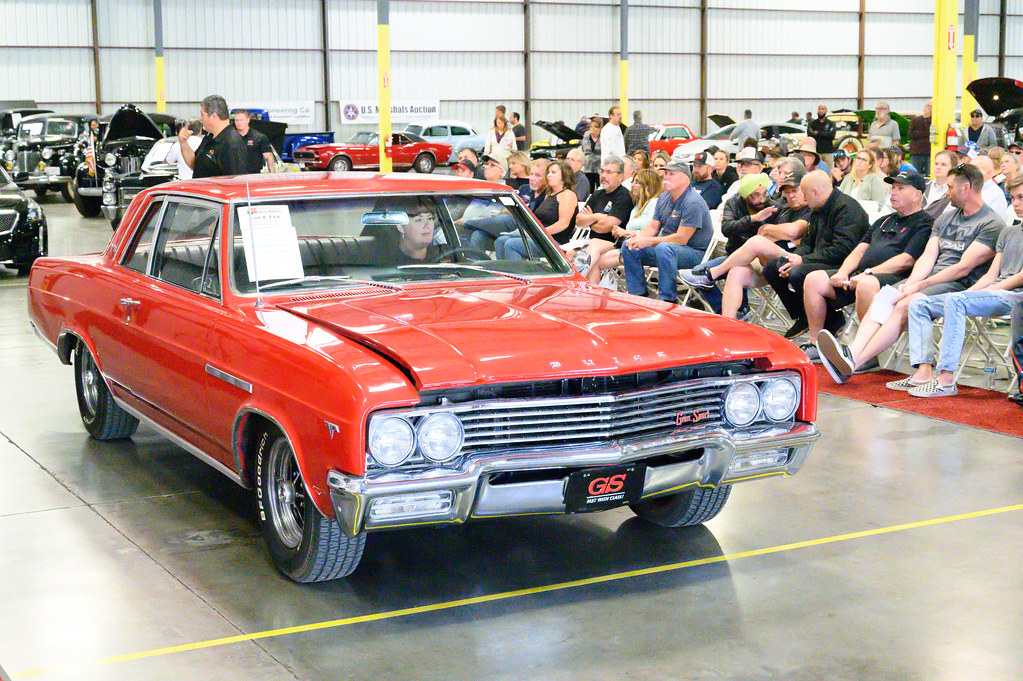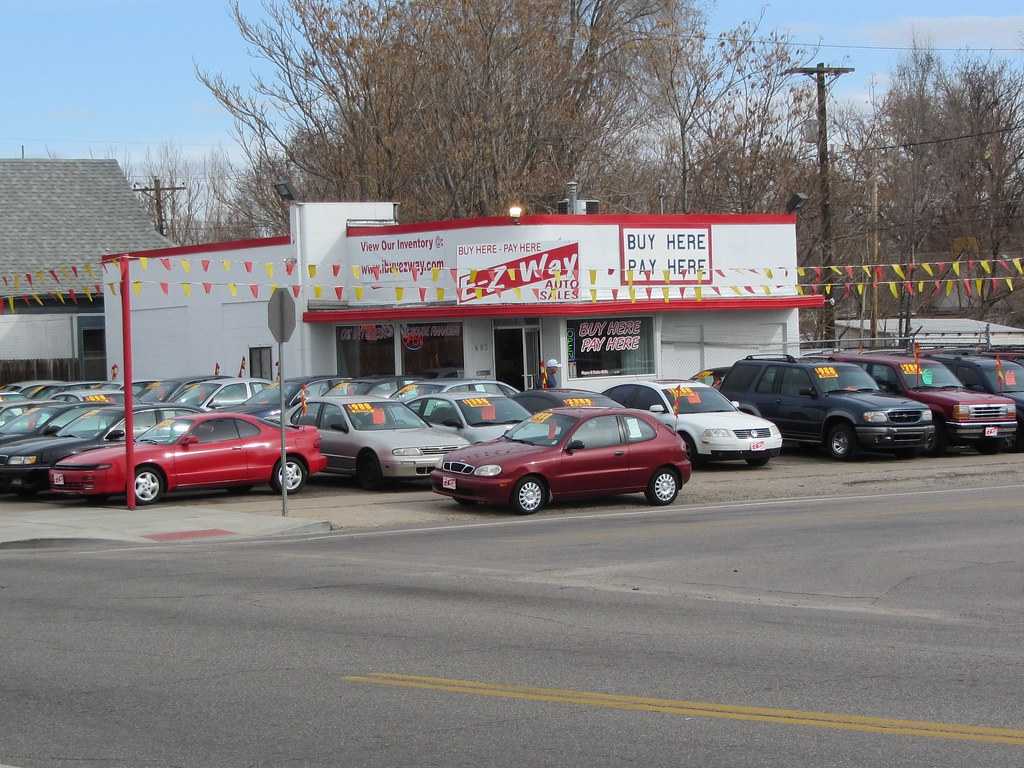Almost 2.2 million vehicles are repossessed in the United States every year. Compared to the yearly sales of new cars, the repossession rate is 65%. It means that one out of every 2.4 vehicles sold gets repossessed each year. So, buying repo cars makes complete sense as you can get an almost new unit at less than the price of a used car.
It’s possible to save plenty of money by buying a repossessed car if you can do the research right. However, you should know everything about these cars before spending hundreds of dollars.
Contents
Repoed Cars to Buy: Should You Get One?
A vehicle is called repossessed or repo when the lender takes it back from the registered owner. When the owner cannot pay the car loan’s monthly installments, the lender reclaims the property (the car in this case) for which it had lent the money.
There are repossession companies that work on behalf of lenders. A lender is not legally obliged to inform the owner about the repossession. However, as the owner, you can always resolve the issue with the lender since most lending companies are open to rescheduling even if you fail to make the payment for an extended period.
Should you get a car that has been taken from its original owner? Well, buying repossessed cars does come with a stigma. Many people assume that the previous owner might have mishandled it.

One way of clearing all confusion and doubts about maintenance is to ask for the service history from the seller (which could be a bank or a car dealer, in this case). Try to dig deeper into the service and maintenance records. If everything comes out fine, arrange for a pre-purchase inspection.
So, you should definitely buy a repo car if the service records are good and the pre-purchase inspection does not reveal any major issue.
Buying Repo Cars: The Most Suitable Options
If you want to know how to buy repo cars, check the following options. The only problem with buying through these channels is that you may not have the complete service history of the vehicle and the real reason for repossession. Also, some owners neglect the upkeep once they become sure that they can’t repay the loan.
a. Lender Purchase
After repossessing the vehicles, the fastest way for the lenders and banks to recoup the money is to resell them. Basically, they are in a hurry to clear the repo inventory because the longer the vehicles sit there, the lower will their resale value be.
Most banks make the inventory available to the public for a certain period and sell to the highest bidders. You can get an excellent deal but keep in mind that lenders don’t bother about cleaning or repairing the vehicles.
Don’t forget to check the vehicle before signing the documents if you win the bidding war. In case the lender allows a mechanical inspection, grab this chance to examine the vehicle.
b. Repo Company
Repo companies work as resellers who take the repo vehicles from lenders and sell them to the end customers. Many companies run their operation online, so it’s easy to check their inventory and place a bid. Upon acceptance of the bid, you can examine the vehicle before signing the paperwork.
Buying repo cars from a reseller will cost a bit more than buying from a lender since the repo company will add its fees and profit margin to the bottom line. The cost difference will be little if the company works only as a middleman between the lender and buyer, without taking ownership.
Unlike a bank, a repo company will clean and repair the vehicle before handing it over to the buyer. You may also get the chance to take a test drive before finalizing the deal. The price difference does not sting much if you consider these advantages.
SEE MORE
c. Vehicle Auction
Auctions give you the opportunity of choosing repo cars from a huge inventory and at your desired price point. However, you need to be careful before placing a bid since these are the cars that both lenders and repo dealers passed by.
A well-arranged auction will have plenty of bidders and requires a registration fee from the participants. Most of the cars are sold “as-is”, so it’s better to have your chosen car inspected by a professional mechanic.

The things you need to be careful while buying repo cars from auctions are:
- Search the VIN or vehicle identification number and move on if it does not match the make and model.
- Check thoroughly and walk away if the inspection reveals any significant issues.
- Refer to the Kelley Blue Book to determine the value of the auction house. Don’t deal with a shady company.
- It’s easy to get caught in the heat of a bidding war. Be careful and never offer a price higher than you are willing to pay for a car.
- Upon winning the bid, you have to pay the money in cash. So, you have to have either that amount in your bank account or pre-approved finance in place.
d. Used Car Dealers
If you find yourself more comfortable with negotiating the price face to face with the seller instead of competing with hundreds of bidders, go to a used car dealer. The price tag will definitely be higher than a repo company, but you can always haggle.
Buying from a dealer is the most suitable option if you don’t want to deal with many formalities of car buying. For example, the dealer will take care of the registration and title paperwork. Some reputed sellers may offer a financing option and a short warranty.
Conclusion
Buying repo cars could definitely produce good deals if you can find the most suitable option and plan the purchase procedure carefully. Always apply your common sense and take expert’s help whenever needed. You can get a repo car at a price lower than the fair market value.



